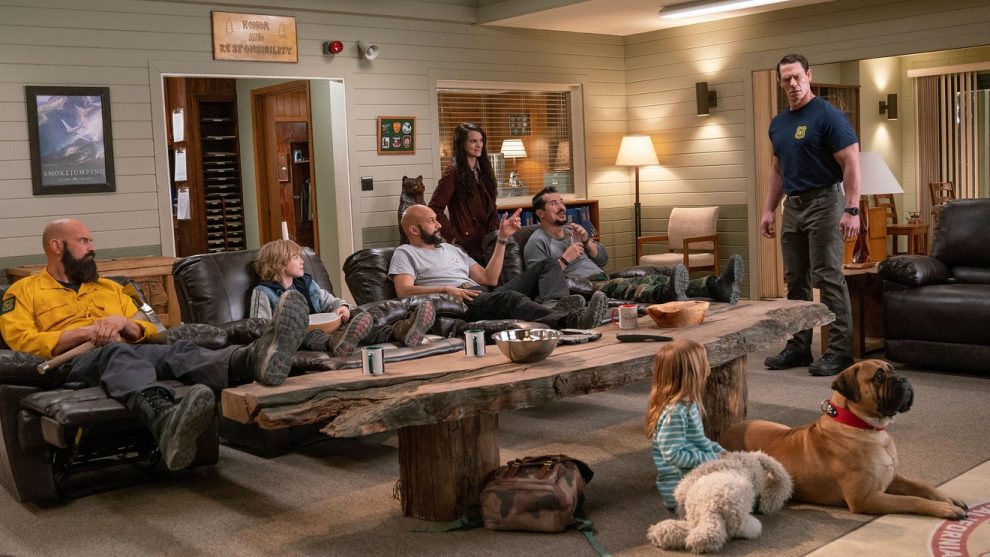
The coronavirus pandemic has changed our lives and will have long-lasting effects. The growth of working from home has changed employers’ and workers’ perspectives on the nature of their businesses and jobs. And shocks as large as this one always produce permanent changes in the ways we use our time. This one will make us rethink both work and our free time.
The shockingly large and sudden job losses and the huge rise in unemployment that the coronavirus pandemic has produced are extremely important and devastating to so many workers. But even people who remained working during the crisis still have 16 hours on weekdays and most likely 24 hours on weekends to spend on other things. How has the pandemic affected this other 80% if our time? And how might our time away from work be changed once the effects of the pandemic have completely passed?
Life will not quickly return to how it was; employment will not recover fully during 2020, and probably not even during 2021. Looking at what people have done during previous economic recessions tells us that we will spend more time watching television, including streaming, since for the next year or two fewer of us will be employed. That is especially true until live events with no limits on attendance are back, and that won’t happen any time soon.
With theaters closed, baseball games played in empty stadiums and restaurants and cinemas keeping groups of customers 6 feet apart, people will order more take-out from restaurants, spend more time staring at the television and spend less time on pleasure trips and staying at resorts and hotels.
History also tells us that in bad economic times people sleep more—and that’s especially likely to be true if they are stuck at home during quarantines. We are almost certainly a better-rested people today, if not also a less stressed people. With less to do outside the house, people are spending more time cooking meals, and cleaning and maintaining their houses and apartments. That is especially so as procuring in-home cleaners has been difficult during partial lock-downs.
After the economy has recovered, perhaps in 2022 or 2023, life will not revert to what it was in 2019. While individuals will make their own choices, on the whole they will have more time away from work. Some will work less each week, others who might have worked for pay will choose not to.
From 2000 to 2019 the percentage of adult Americans working or seeking work fell by about 3 percentage points. I expect this trend to continue or even accelerate. People will have become accustomed to having more time not working. Although some will try to replenish their depleted finances, in the longer term the desire to enjoy life away from work, reinforced by the how we led our lives during the pandemic, will predominate.
The decrease in work time and the desire for more free-time activities will be especially pronounced among more educated, higher-income workers. They may have discovered that they don’t need to work quite so hard to maintain a more than satisfactory lifestyle. Half of American adults feel stressed for time always or often, and work is the most stressful activity that they do. Reducing work time could lead Americans to be somewhat less rushed, less stressed for time and happier about their lives.
While work time may drop somewhat, the biggest work-related change in our lives because of the pandemic has been the realization that a lot of work can be done productively away from the usual workplace. In the past five years, 10% of Americans spent some of their work time at home. Even after businesses reopen, people will spend more time working from home, as some who never have worked from home start doing that and others increase the share of their work performed long-distance. That means less time commuting, and Zoom and its competitors will enable people to spend less time traveling to meetings.
Read:The cafeteria — and other parts of office life — will change dramatically after coronavirus
All of these changes represent permanent gifts of time that we’ll be able to use for more enjoyable activities—leisure of all kinds, including the fallback activity of TV-watching.
If Americans wind up working less after the pandemic recedes, how we spend the freed-up time will depend in part on whether some social distancing remains. If it does, live spectacles won’t be able to recover to their pre-coronavirus levels. The increase in TV-watching during the past two months could become a long-term habit.
But even if the new habit of social distancing is not maintained, people may discover that streaming live entertainment has advantages over the real thing, if nothing else in savings of time and money in transportation to and from events. This doesn’t bode well for expensive entertainments.
Much of the way we spend time is habitual, based on our past activities, on social custom and on the incentives that we face. The pandemic has disrupted the ways that we use time. Some of yesterday’s habitual behavior will be resumed once the risk of infection has completely passed and unemployment falls to its previous lows. But the disruption has been so massive, and the successful examples of new technologies for working and for enjoying leisure have been so stark, that our patterns of daily activities will not be the same as they were before 2020.
Also read:Southerners are America’s champion TV watchers and Midwesterners work the most
Daniel S. Hamermesh is a Distinguished Scholar at Barnard College in New York City and the author of “Spending Time: The Most Valuable Resource”
https://www.marketwatch.com/story/southerners-are-americans-champion-tv-watchers-and-midwesterners-work-the-most-2019-02-19





